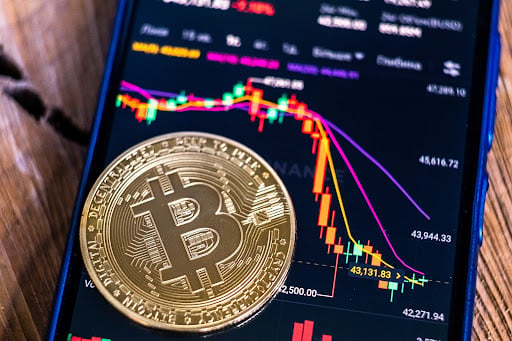
Republican candidates need to be clear about where they stand on crypto
Miami is a leader in the crypto industry. The “blockchain beach,” is a hub of innovation and investment as the industry recovers from the past year and is ready to reach new heights. With questions about the future of cryptocurrency and digital money in the Oval Office and many in Congress, it’s time for the Republican presidential candidates to be asked where they stand on this important topic.
Before dismissing the topic as “niche,” 52 million Americans own cryptocurrency, according to coinbase.com; they are primarily younger voters, with 82% in the 18-44 age bracket. Many of these individuals are single-issue voters. Florida Gov. Ron DeSantis and Vivek Ramaswamy have made positive statements towards the technology, and Tim Scott is on the Senate Banking Committee with oversight on this topic. With the Republican primary so tightly contested for a chance to compete with Donald Trump, even a swing of a few percent in the polls could turn the tide.
The most obvious question about cryptocurrency has to do with the balance between privacy and security. The Wall Street Journal recently reported that the Hamas terrorist organization was using the technology to finance its goals. Within just a few days, Sen. Elizabeth Warren led a letter, signed by 20% of Congress, that asked President Biden to investigate the situation.
Since then, it’s been clarified that cryptocurrency made up a minuscule portion of the group’s funding as it instead relied on traditional financial institutions and payment methods. As the cryptocurrency market is worth a little less than a trillion dollars, it’s important for voters to know where candidates stand on the balance between innovation, privacy and security.
The role of cryptocurrency used by U.S. adversaries is hardly the only area of the topic worth exploring. While America leads the way in cryptocurrency and payment technology investment, a lack of regulatory clarity threatens America’s leadership in this space.
The Securities and Exchange Commission, headed by Biden-appointed Chair Gary Gensler, is seen as an opponent of the industry. During his tenure, he has brought lawsuits against various projects and companies, most notably Coinbase, a leading American cryptocurrency exchange. In addition to bringing these lawsuits, he has also stated that the industry has enough regulatory clarity to ensure that they can comply with the law, a claim many Congressional Republicans, and even some Democrats, reject.
Americans who own cryptocurrency of some kind deserve to know if a Republican nominee would replace Gensler and if they would sign Congressional legislation that would provide clarity to a variety of questions surrounding cryptocurrency technology.
DeSantis made headlines earlier this year when he signed legislation that prohibited the use of a Central Bank Digital Currency in the state of Florida. Central Bank Digital Currencies or CBDCs have become a hot topic with the Republican base across the country, with state legislatures passing bills against them and Congress introducing legislation to prevent their creation.
While this may seem like an academic exercise for a far-off technology, the experience in other countries suggests otherwise. China uses WeChat to monitor transactions and assigns a social credit score to allow the purchase of certain goods or services. Australia is on track to become a cashless society that would necessitate the creation of a CBDC for Australians to participate in everyday commerce. Currently, 64 countries are in an advanced phase of a CBDC testing program.
If the Republican candidates are going to oppose the creation of a dollarized, or American, CBDC, what do they propose as an alternative to make sure that the dollar continues to be the preferred payment method across the world? Would they support a policy of backing the dollar by having the U.S. Treasury hold some amount of the asset that many have dubbed “21st-century digital gold” Bitcoin?

